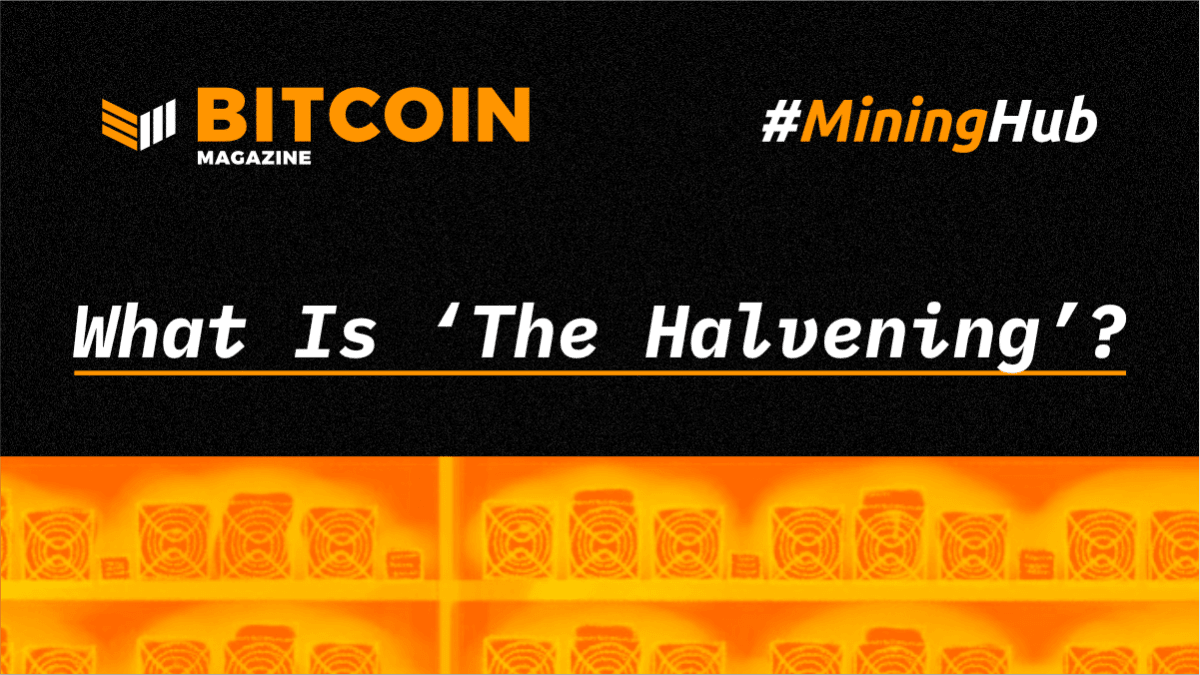
Will Bitcoin Transfer Fees Be Enough To Replace Block Subsidy In Future?
The Bitcoin block rewards are becoming lesser and lesser with each halving. Will transaction fees eventually be able to fill up this void? Bitcoin Transaction Fees Has Been Trending Up With Each Cycle One of the most innovative features of the Bitcoin blockchain is that approximately every four years, the block subsidy (that miners receive […]
Related News
The Halvening (sometimes referred to as “the halving”) is the moment when Bitcoin’s block subsidy gets cut in half. The halving of Bitcoin’s block subsidy occurs every 210,000 blocks (roughly every 4 years) and is a key feature of Bitcoin. It is because of the halving of the block subsidy that ...
On-chain data shows the Bitcoin Puell Multiple has gone through a decline recently, a sign that miner revenue has gone down relative to its baseline. Bitcoin Puell Multiple Has Dropped To 0.67 In a new post on X, analyst Ali Martinez has talked about the latest trend in the Bitcoin Puell Multiple. The “Puell Multiple” refers to a popular on-chain indicator that keeps track of the ratio between the daily BTC mining revenue (in USD) and 365-day moving average (MA) of the same. Related Reading: Bitcoin Could Be At Risk Of A Deeper Bear If This Ratio Compresses, Says Glassnode....
An event anticipated in the bitcoin community for years came and went last week with little fanfare and, a week later, little impact. At approximately 12:48 EST, the 420,000th block on the bitcoin blockchain was mined and sealed by F2Pool, one of the largest bitcoin pools, earning its members 12.5 BTC. This marked the second halving, and the first time a miner would receive the reduced subsidy. Programmed into bitcoin's code, a halving event is when the subsidy for miners securing the network is cut in half. When bitcoin creator Satoshi Nakamoto first released bitcoin, miners earned 50 BTC....
The increasing amounts of Bitcoin transactions have slowly led to an increase in Bitcoin fees as miners favor the transactions with fees as priority transactions. This means that it can take a longer time for a Bitcoin transaction to clear. Some transactions, small ones without fees generally, can be lost to the Bitcoin ether, only to be returned to sender a few day later. Transaction fees have been touted as one of the best reasons to use Bitcoin. The world’s first truly international value transfer system boasts the lowest transaction fees. Though these fees have been quietly rising over....
On Saturday, Ethereum transaction fees tapped a low not seen since November 2020 as the average network fee dropped to 0.0016 ether or $1.67 per transfer. Average fees on Saturday have been as low as 32 gwei or $0.69 per transfer as Ethereum gas fees have been steadily dropping since May 11, 2022. Ethereum Fees Drop to the Lowest Range Since November 2020 Ethereum’s average gas fees tapped a low on July 2, 2022, not seen in 19 months or November 12, 2020. Essentially, the gas or network fee is a quantity of ethereum (ETH) that is required to push a transaction on the blockchain....





